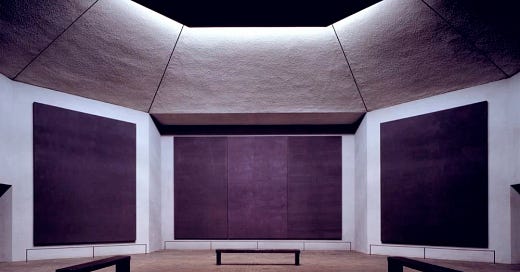Welcome to the Ephemera Newsletter free edition, Cairde! (Irish for “friends”)
Thank you to all who submitted to poetry in January for our March issues and especially to our finalist, Sherry Rind, who will be the …
Keep reading with a 7-day free trial
Subscribe to Ephemera to keep reading this post and get 7 days of free access to the full post archives.


